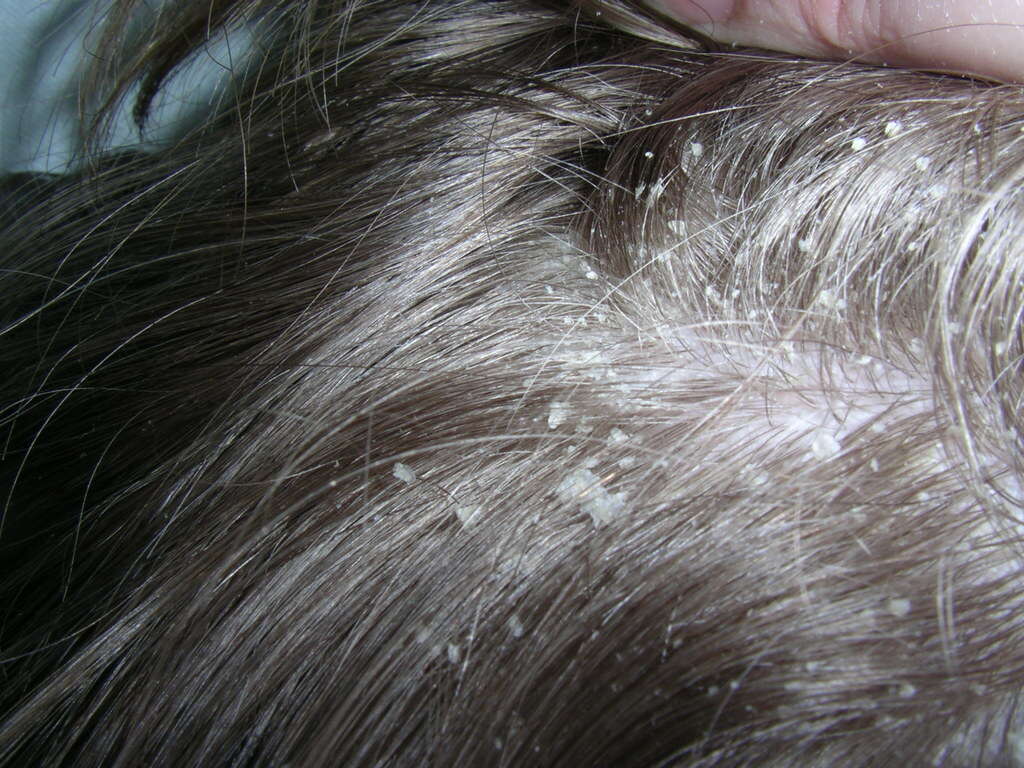10 Uncombable Hair Syndrome FAQs
 Article Sources
Article Sources
- 1. ’Uncombable hair syndrome.’ MedlinePlus. https://medlineplus.gov/genetics/condition/uncombable-hair-syndrome
- 2. Uncombable hair syndrome.’ National Institutes of Health. https://rarediseases.info.nih.gov/diseases/5404/uncombable-hair-syndrome
- 3. ’Bork Stender Schmidt syndrome.’ National Institutes of Health. https://rarediseases.info.nih.gov/diseases/938/bork-stender-schmidt-syndrome
- 4. Hicks J; Metry DW; Barrish J; Levy M. ‘Uncombable hair (Cheveux incoiffables, pili trianguli et canaliculi) syndrome: brief review and role of scanning electron microscopy in diagnosis.’ Ultrastructural Pathology 2001 https://pubmed.ncbi.nlm.nih.gov/11407534
How Does a Doctor Diagnose Uncombable Hair Syndrome?
Clinicians may be able to base a diagnosis of UHS on the appearance of the hair and its characteristic behavior. A more specific diagnosis is possible using a specialized microscope that reveals an abnormal hair shaft appearance such as kidney, heart or triangular shapes.2Uncombable hair syndrome.’ National Institutes of Health. https://rarediseases.info.nih.gov/diseases/5404/uncombable-hair-syndrome
Several shapes can exist on one hair strand or a combination of shapes may cover the head. Fifty to 100 percent of those affected have irregular shapes. Genetic testing may help determine a definitive diagnosis.1’Uncombable hair syndrome.’ MedlinePlus. https://medlineplus.gov/genetics/condition/uncombable-hair-syndrome
Advertisement











